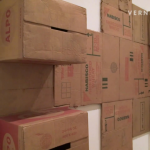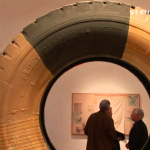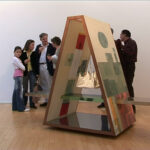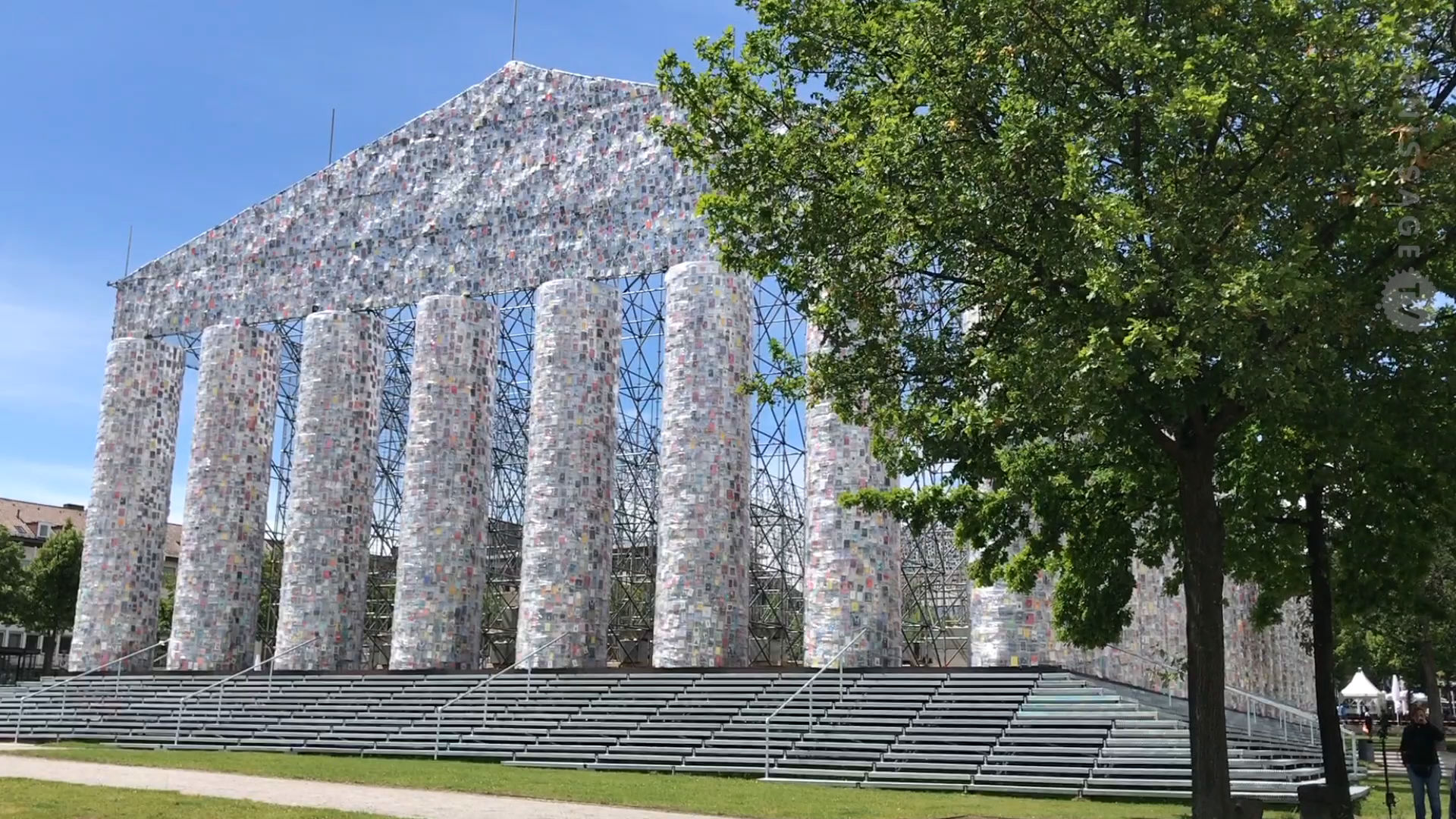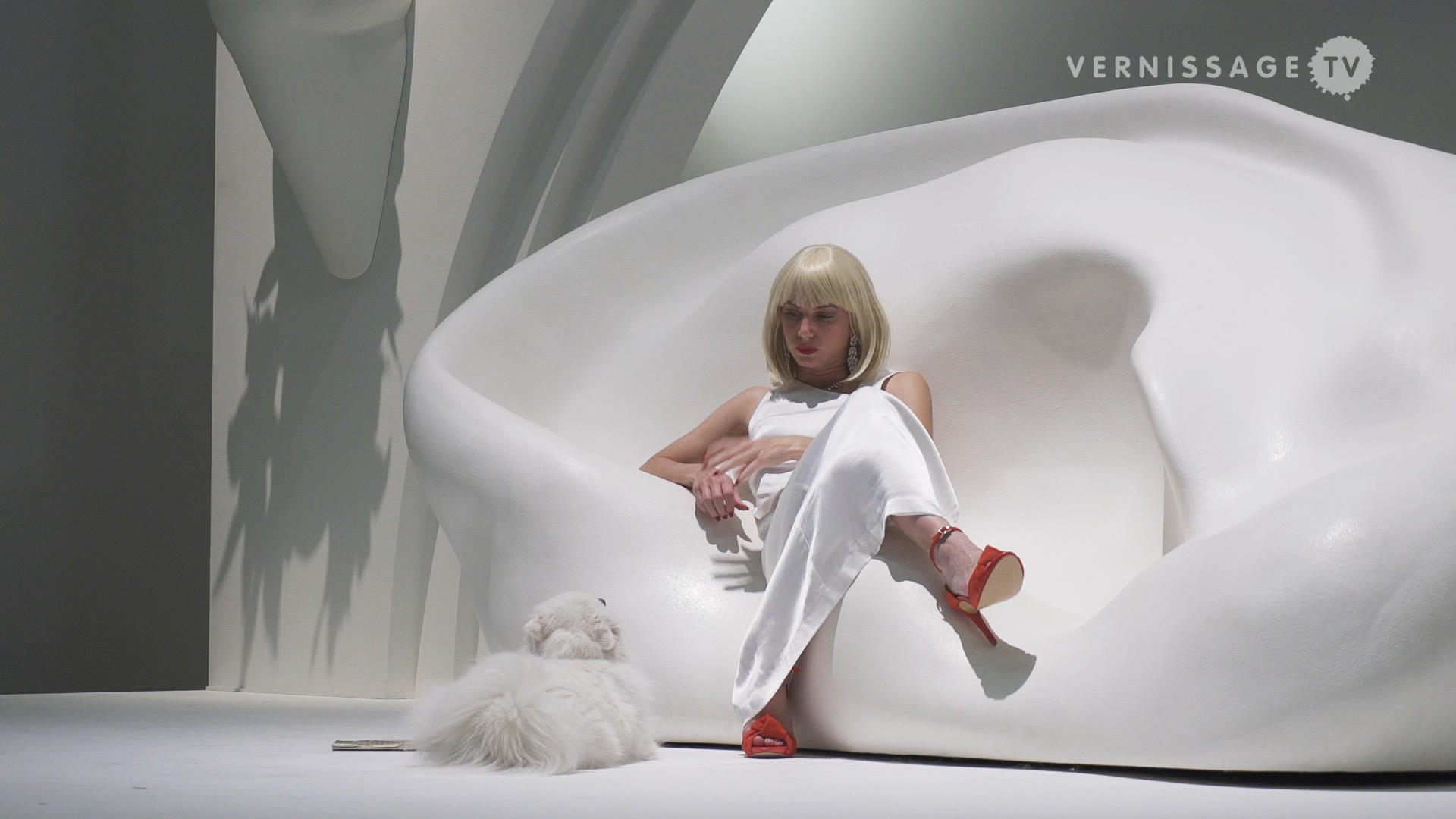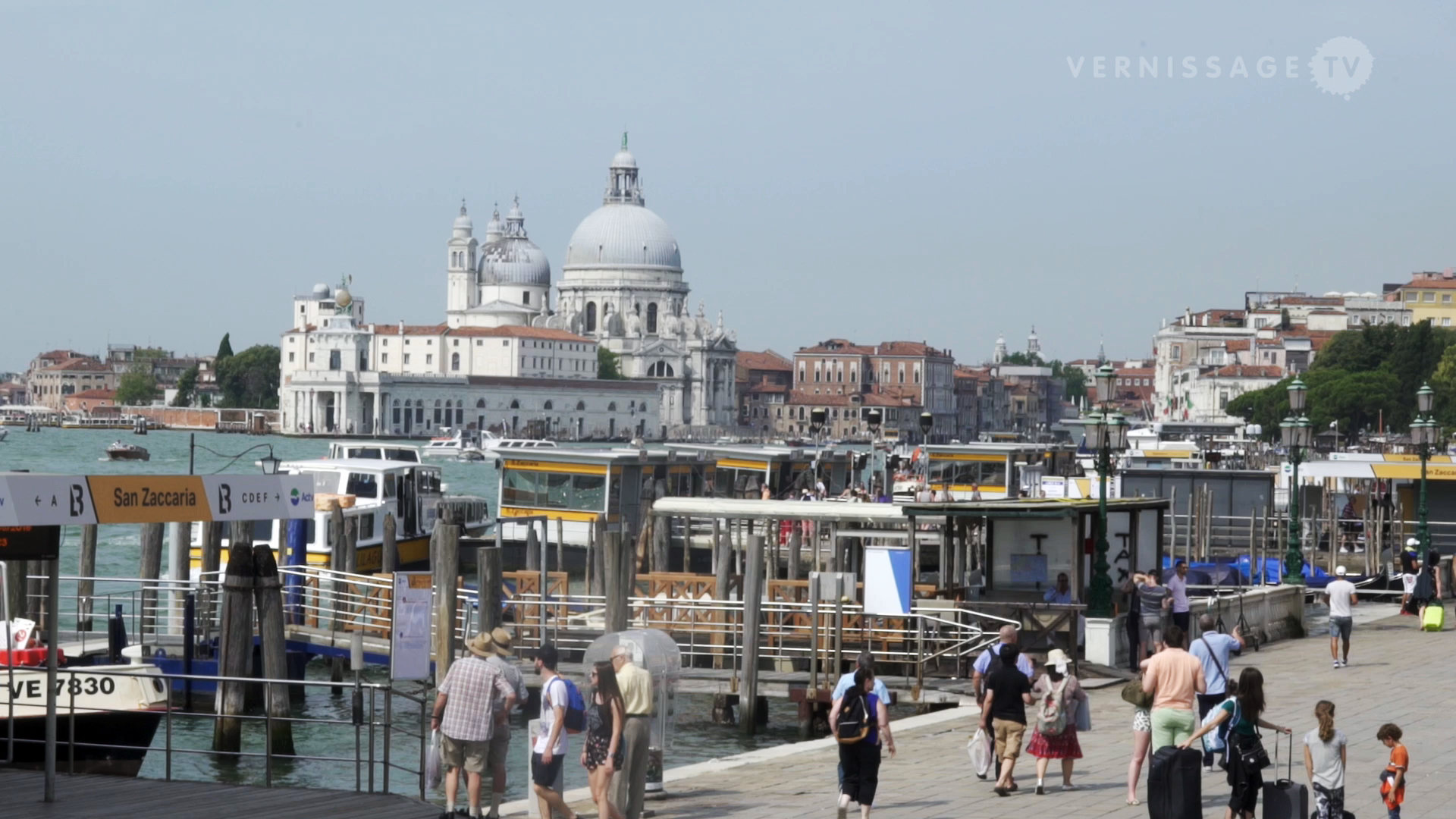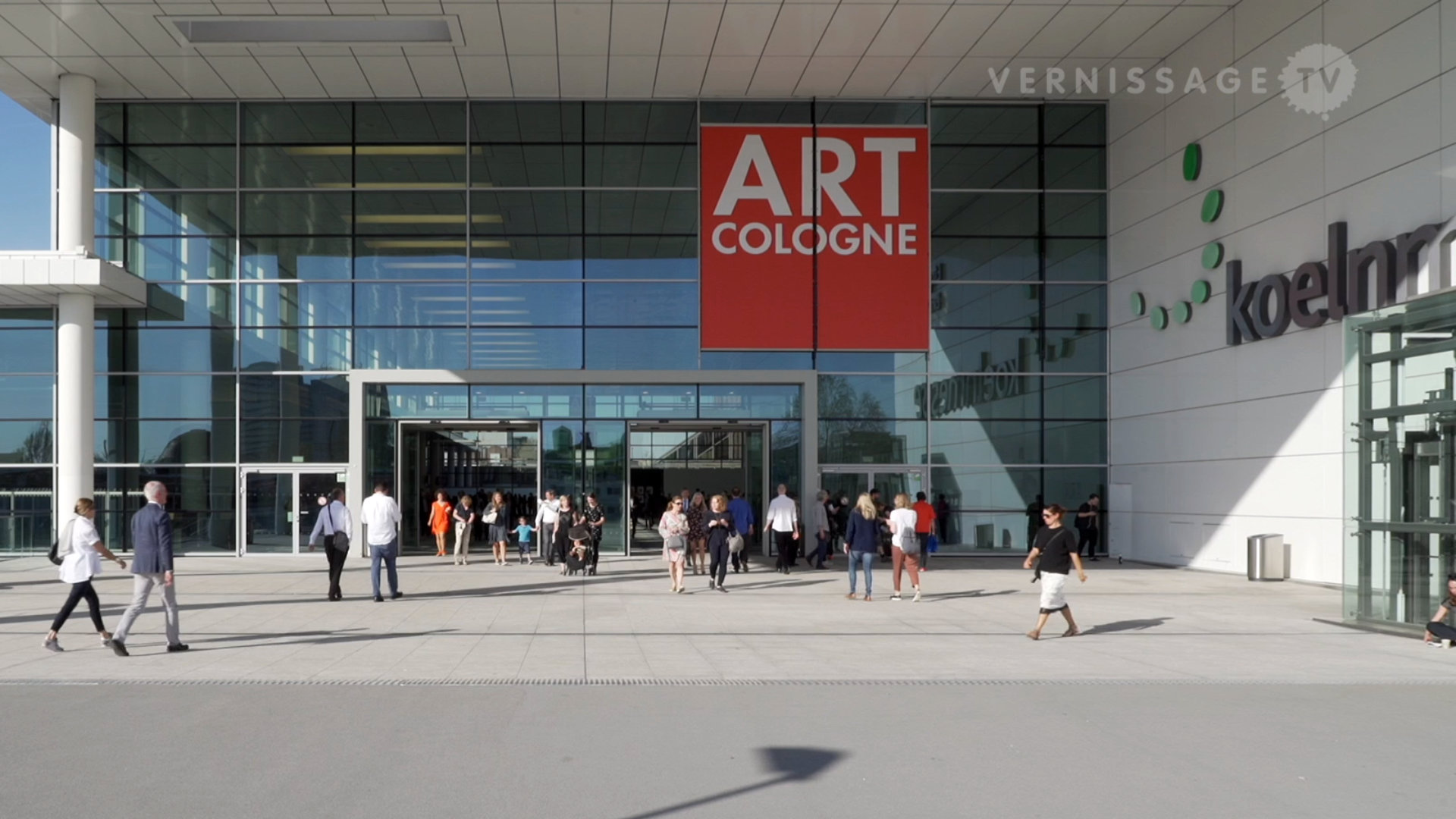Robert Rauschenberg was one of the most important artists of the twentieth century. He became famous for his “Combines”, works in which he used everyday objects and materials in innovative combinations. Lesser known are his philanthropic activities such as his Rauschenberg Overseas Culture Interchange (ROCI), a seven year, ten country tour through Mexico, Cuba, Chile, Venezuela, Beijing, Tibet, Japan, Malaysia, the Soviet Union, and Berlin. With ROCI, which he announced at the United Nations in 1984, he intended to encourage “world peace and understanding”.
In 1990, Robert Rauschenberg, who was convinced that “Art Can Change the World” formed the Robert Rauschenberg Foundation (RRF). With the RRF, Robert Rauschenberg wanted to promote awareness of the causes and groups close to his heart. Among the activities of the Robert Rauschenberg Foundation have been grant making, educational programs and the support of environmental and humanitarian initiatives. Recently, the RRF has extended this scope with varied programs, including a new grant for artistic innovation and collaboration to fund small-to-medium arts organizations.
On the occasion of the Robert Rauschenberg Foundation’s presentation of Rauschenberg’s Cardboards series and Gluts series, VernissageTV met with the Executive Director of the Robert Rauschenberg Foundation, Christy MacLear, who tells us more about the Foundation’s history, mission, grants and programs, and future presentations and activities.
The Robert Rauschenberg Foundation. Interview with Executive Director Christy MacLear. The Robert Rauschenberg Foundation, New York City, May 18, 2012.
> Right-click (Mac: ctrl-click) this link to download Quicktime video file.



